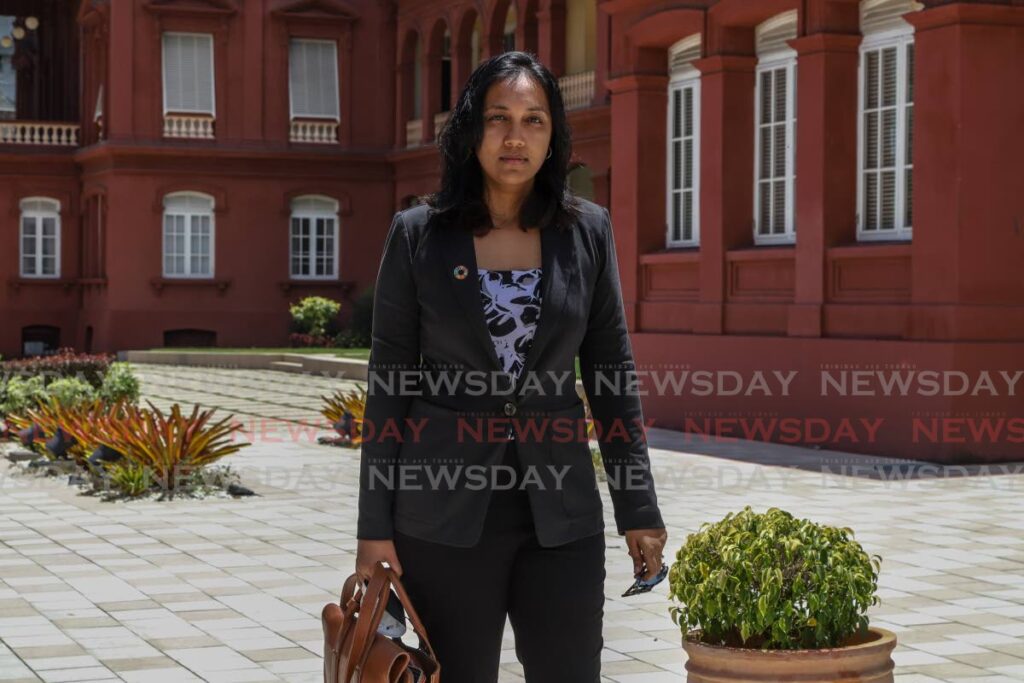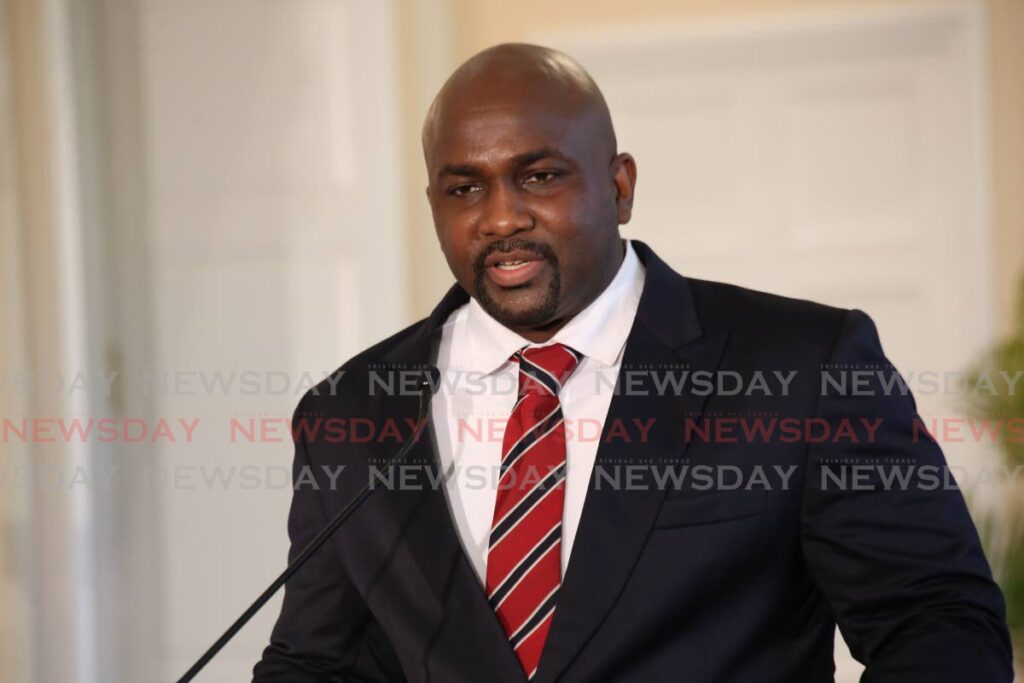Forex motion defeated in Senate

A PRIVATE motion brought by Independent Senator Amrita Deonarine calling on government to bring to Parliament a foreign-exchange (forex) policy within six months was defeated in the Senate on Tuesday.
If successful, the motion would have forced government to table in Parliament within six months, a comprehensive policy framework that will guide key stakeholders, how it Government intends to navigate the tightness in the foreign exchange (forex) market to overcome downside risks in the medium and long-term.
This came after the Senate rejected separate amendments proposed to the motion by Deonarine and Tourism Minister Randall Mitchell. In all three cases, the votes between government, opposition and independent senators were tied, prompting Senate President Christine Kangaloo to break the tie with a casting vote.
As she concluded the debate, Deonarine proposed an amendment to her original motion, which removed the words "comprehensive" and "downside risks." Deonarine said it was "difficult in a dynamic environment with an energy- based economy that is faced with volatility to overcome downside risks in the medium and long term because policy measures are always subject to revision."
Leader of Government Business Dr Amery Browne requested a ten-minute suspension of the sitting. When the sitting resumed, all 15 government senators voted against Deonarine's amendment. The six opposition senators and the nine independent senators voted for it.
Kangaloo explained that in exercising her casting vote, regarding an amendment to a motion, the consideration was to keep the motion in its original form and maintain the status quo.
After Deonarine's amendment was rejected, the Senate considered Mitchell's amendment which proposed that Government give a statement in Parliament in six months about how it plans to address the forex situation.
All 15 government senators voted for this amendment. The six opposition and nine independent senators did not. Kangaloo then cast her vote, resulting in Mitchell's amendment being rejected.
When the vote on Deonarine's original motion was called for, government, opposition and independent senators were tied for a third time. On this occasion, Kangaloo voted with the Government and the motion was defeated.
Before the vote, Minister in the Ministry of Finance Brian Manning said, "The issue is a simple one. Today in Trinidad and Tobago, the demand for forex outstrips the supply." He added this is "a situation that will be brought to equilibrium over time."

He reiterated that devaluation of the TT dollar was not a solution to TT's forex challenges
"What a devaluation does, is that it increases the cost of forex. That will reduce the demand for forex, to bring that excess demand in line with the normal supply."
Manning said Government is working to avoid a devaluation of the TT dollar because "we live in a society that is heavy on importation" He added, " A devaluation will cause an increase in those costs across the board."
This includes increases in the cost of food, education and medicine.
"What we would like to do is target some of the less productive sectors of our economy, in terms of reducing the demand for forex in those areas." Manning reminded senators that the ministry has added value added tax (VAT) on luxury food items to reduce the demand for those imported items.
Simultaneously, he continued, Government has reduced VAT and duties on basic food items. "That one way we can alleviate some of the strain on those (people) who are more economically challenged in our society, without increasing the price of everything across the board."
Citing the energy sector as one of TT's main forex earners, Manning said between January to March 11, the sector's contribution to the domestic forex market was 71 per cent, compared to a 72 per cent contribution last year. In 2020, Manning said that contribution was 57 per cent owing to a decline in energy prices and production owing to the adverse effects of the covid19 pandemic.
The Central Bank, he continued, intervenes on a fortnightly basis, selling forex to authorised dealers in order to meet their customers' excess demand.
In 2018, Government established a forex facility with the Exim Bank. Manning recalled this facility was capitalised at US$100 million and established to fund the operations and import requirements of our local manufacturers and exporters.
In December 2020, he said, Government "approved the continuation of the facility to enable allocation to local manufacturers and exporters during 2021 in the sum of US$100 million."
As of February 28, Manning said the Exim Bank has "accessed a cumulative total of US$265 million, providing forex to 122 manufacturers, the majority of which are small and medium enterprises." Manning identified
He identified a draft manufacturing policy 2021-2025 and a non-energy manufacturing export strategic plan 2020-2025, amongst other initiatives that Government was exploring to address forex challenges in TT.

Comments
"Forex motion defeated in Senate"